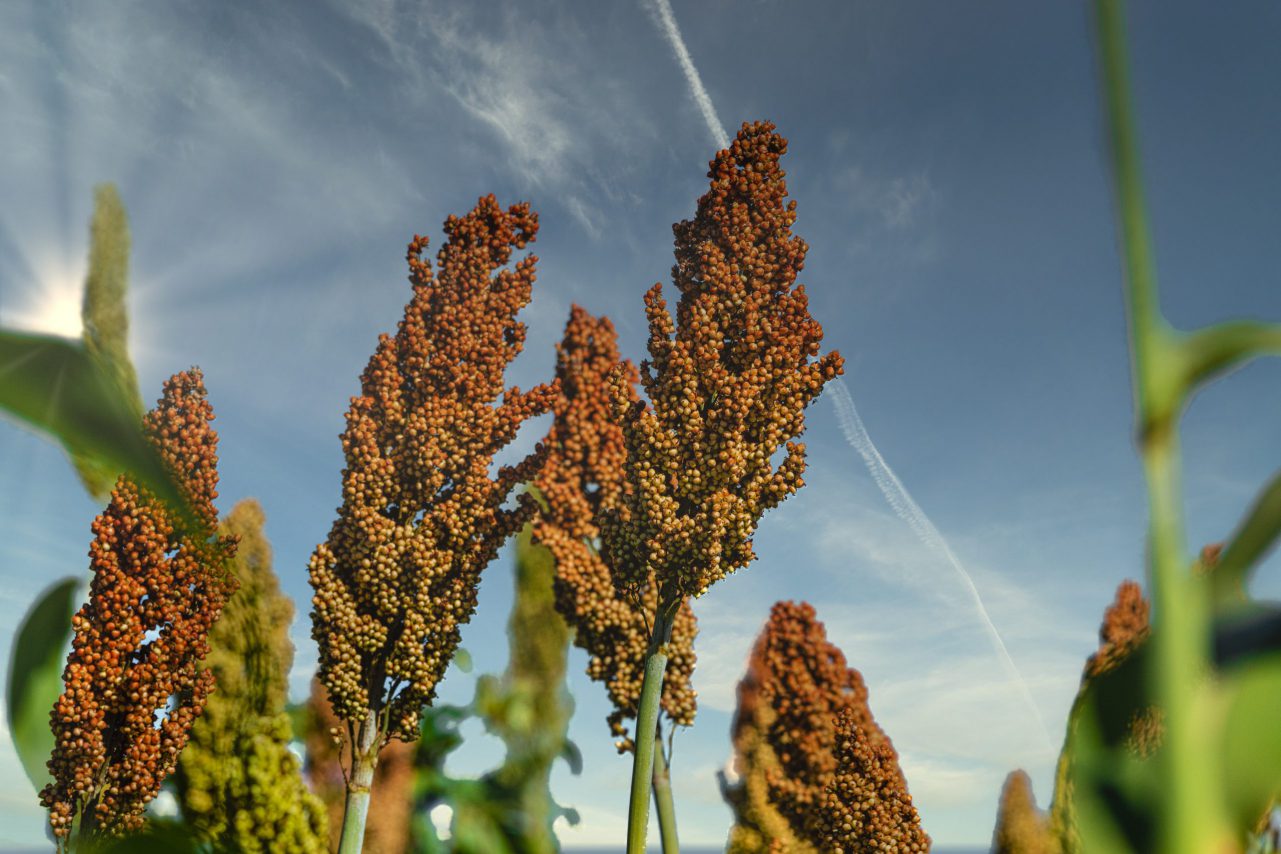Collaboration between the UK and Africa to improve breeding of forgotten foods

286 people joined Innovate UK KTN and the Forum for Agricultural Research in Africa (FARA) in March 2022 to explore breeding approaches for African forgotten foods.
The online event brought together stakeholders from the UK and Africa to discuss how collaboration could drive breeding in forgotten crops and what the barriers to success are.
Experts on the topic shared their insights during talks and a panel session.
We’ve summarised the key takeaways and recommendations for you.
The African Manifesto in Forgotten Foods – Key points
During his keynote talk, Dr Wole Fatumbi (FARA) summarised the key points of the African Manifesto for Forgotten Foods. The manifesto brought together more than 500 experts in Africa working with forgotten crops. It suggests actions to advocate and advance research and innovation for forgotten foods in Africa. Here are some of the key actions identified in the manifesto in relation to breeding:
- Develop continent-wide novel research programmes and networking activities
- Develop participatory plant breeding programs, including the creation of sustainable seed systems and conservation of genetic resources and germplasm
- Facilitate global networking and technology exchanges
Yield shouldn’t be the sole focus
The panel session and case studies highlighted that we should not focus solely on yield, as has historically been the approach to breeding of mainstream crops. Depending on the crop, focusing on breeding for different traits beyond yield alone is essential. Research has demonstrated that modern breeding techniques, like marker assisted selection and mapping approaches can help us to identify quantitative trait loci (QTLs) and candidate genes to speed up breeding for forgotten foods.
It’s essential to have farmers at the centre of breeding activities and to build on traditional knowledge. This means involving smallholder farmers in selecting lines, as well as being informed by vendors and consumers on what they would like from different varieties (e.g. taste / ease of cooking).
Establishing a value chain for these crops (e.g. processing centres and novel products) up-front can help to make forgotten foods more desirable and encourage more farmers to grow these crops. This would ultimately ensure impact, adoption and raise awareness, particularly for the crops that meet nutritional needs.
Support for breeders and researchers is key
Training is required to ensure breeders and researchers in Africa have the skills and knowledge they need. Most crucially, people with the skills and knowledge to deliver quality products need to be supported to ensure they have access to the technology and materials to effectively deliver this important work.
Knowledge sharing will boost breeding efforts
Forgotten food crops are varied. Some species could become mainstream crops or be used as case study crops to demonstrate progress in breeding these types of crops.
However, it resonated with all panellists that we need to establish platforms that would allow technology and information-sharing to enhance and coordinate the breeding of different species.
The UK has expertise and technologies which can support and advance the breeding of forgotten foods by African researchers and breeders. The African Manifesto for Forgotten Foods specifically states a need to build North-South collaboration across the world. Improving the ability of international researchers and breeders to learn about and access technologies and UK expertise would help establish the UK as a supporter and collaborator in African forgotten food breeding efforts. It would in turn support global efforts to improve productivity and nutrition in line with the Sustainable Development Goals.
Conclusions
Forgotten crops have the potential to provide nutritious food where it’s lacking, helping feed a growing population. Collaboration between the people who are working on innovation, such as modern breeding techniques, and the farmers on the ground is key to fast-tracking the breeding of forgotten foods. Participatory breeding with the farmers at the centre of the process is important, as well as suitable support for researchers and breeders.
If you’re working on forgotten food breeding approaches and would like support to fast-track your innovation or project, get in touch with Pedro Carvalho.


